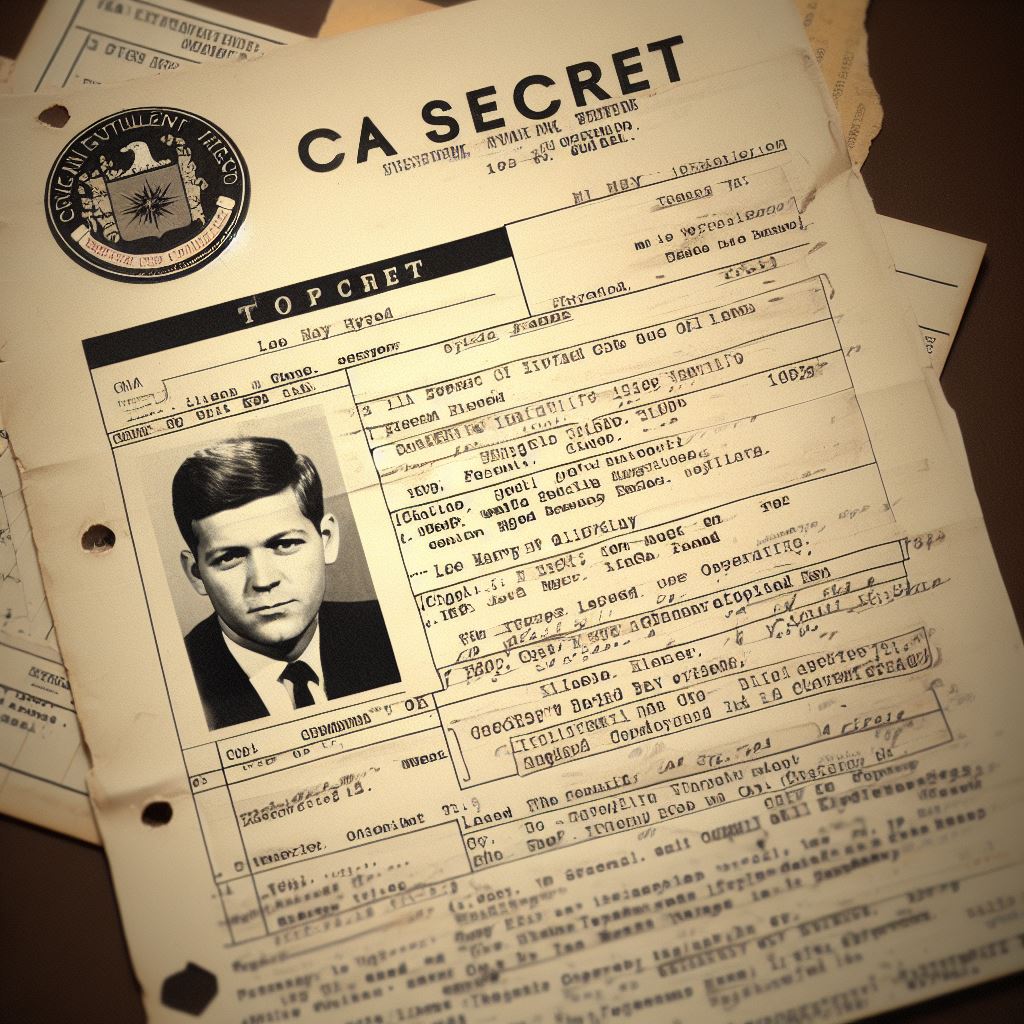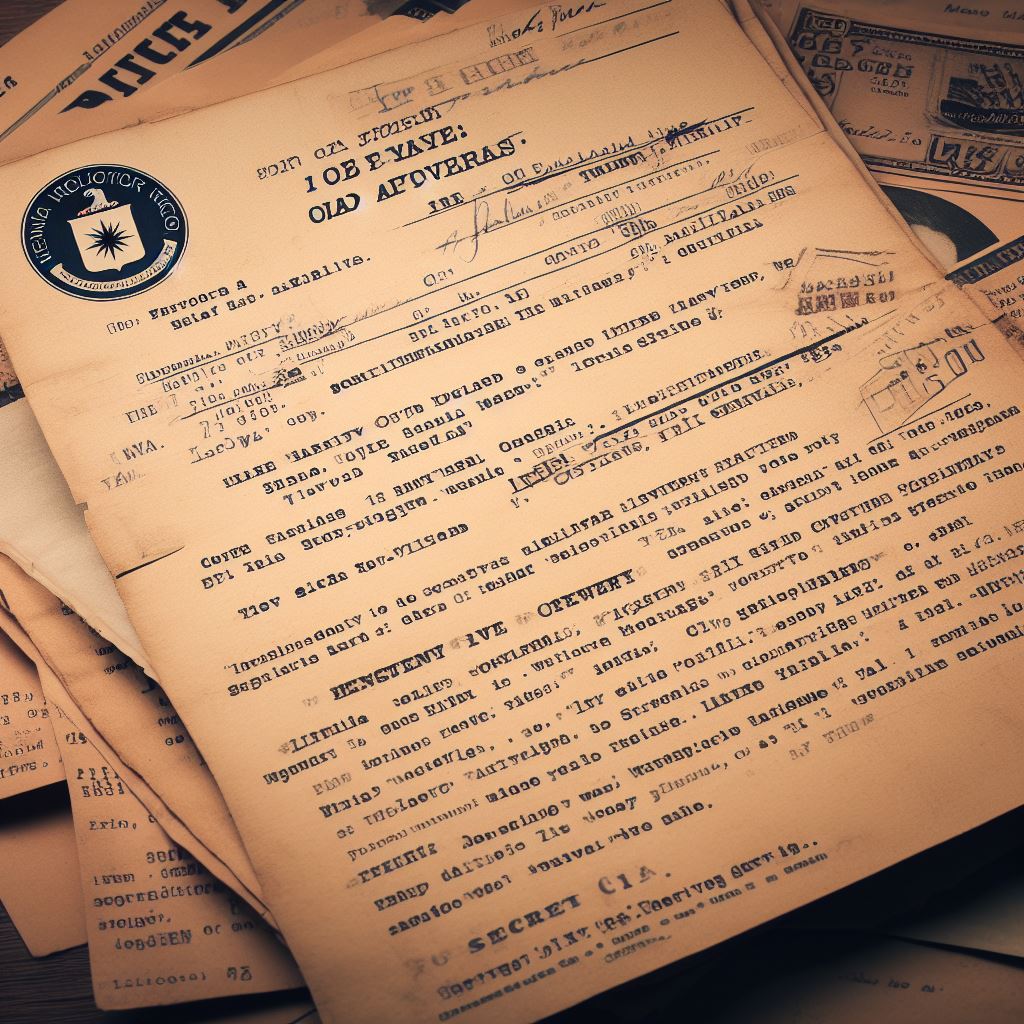For almost six decades, a hidden June 22, 1962 memo from a CIA employee has sparked curiosity about the agency’s covert operation to monitor the mail of Lee Harvey Oswald, the alleged lone assassin of President John F. Kennedy. Recently released JFK assassination files reveal Reuben Efron, the memo’s author, as a spy noting Oswald as a “former American who defected to the Soviet Union.”

Efron’s report highlights Oswald’s interest in George Orwell’s works, prompting the CIA to take notice. As per JFK assassination historian Jefferson Morley, this revelation ties Oswald to Orwell’s dystopian novel about a surveillance society – a connection intercepted by an illegal CIA surveillance operation.
New insights from the National Archives, in compliance with the 1992 JFK Records Act, expose CIA officer Donald Heath Jr.’s 1977 memo. It describes orders to investigate an alternative theory to the official lone gunman narrative, focusing on Cuban exiles potentially orchestrating Kennedy’s murder. Contrary to public statements, the CIA didn’t subscribe to the lone gunman theory in the aftermath of the assassination.
While over 99% of the 320,000 documents related to Kennedy’s assassination have been released, about 4,600 remain partially or fully secret. Approximately half are under President Joe Biden’s purview, with the others subject to court orders, grand jury rules, or donor-prescribed limits, predominantly withheld by the CIA.
As these revelations come to light, public skepticism grows, with many believing the government holds undisclosed information. The quest for truth regarding’s assassination persists, fueled by suppressed documents and suspicions that the government is withholding critical details.
The newly disclosed information challenges the official narrative and invites scrutiny into the CIA’s actions during that tumultuous period. Reuben Efron’s memo underscores the agency’s interest in Oswald’s activities, providing a glimpse into the intricate web of surveillance and intelligence surrounding the Kennedy assassination.

Donald Heath Jr.’s 1977 memo adds another layer to the narrative, revealing internal doubts within the CIA regarding the lone gunman theory. At a time when official sources assured the public of a single perpetrator, CIA agents were actively exploring alternative scenarios, hinting at a more complex truth behind the tragic event.
The ongoing withholding of documents by the CIA further fans the flames of suspicion. As a significant portion of records remains inaccessible, questions linger about the extent of government knowledge and its potential impact on historical understanding.
These revelations prompt a reevaluation of the events surrounding JFK’s assassination, challenging conventional wisdom and urging a more transparent examination of historical records. The intersection of intelligence, surveillance, and political intrigue in this saga continues to captivate public interest, underscoring the importance of open discourse and access to information for a comprehensive understanding of pivotal historical moments.
